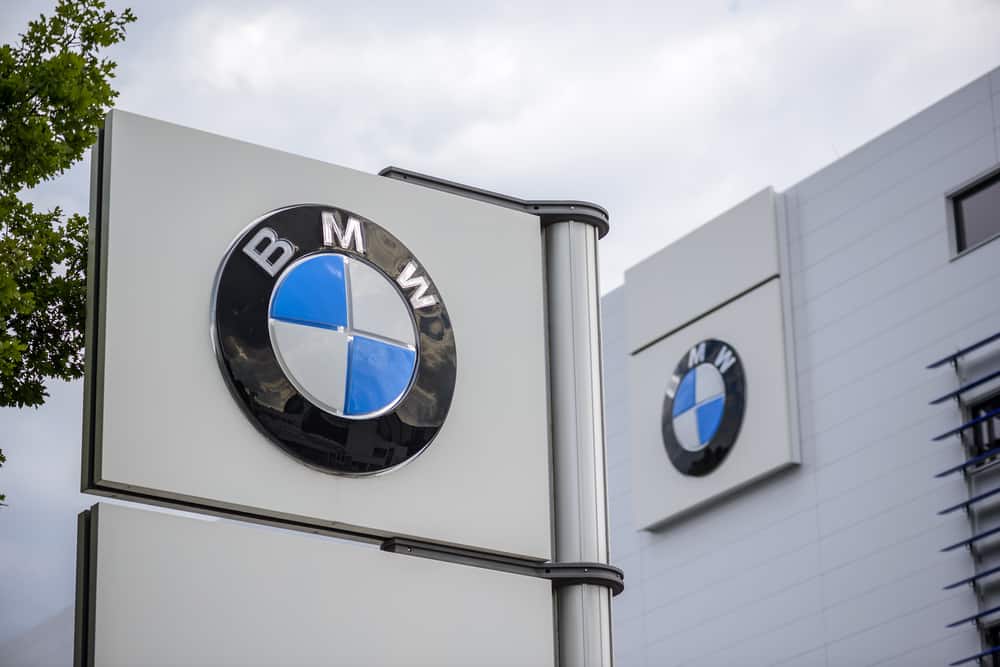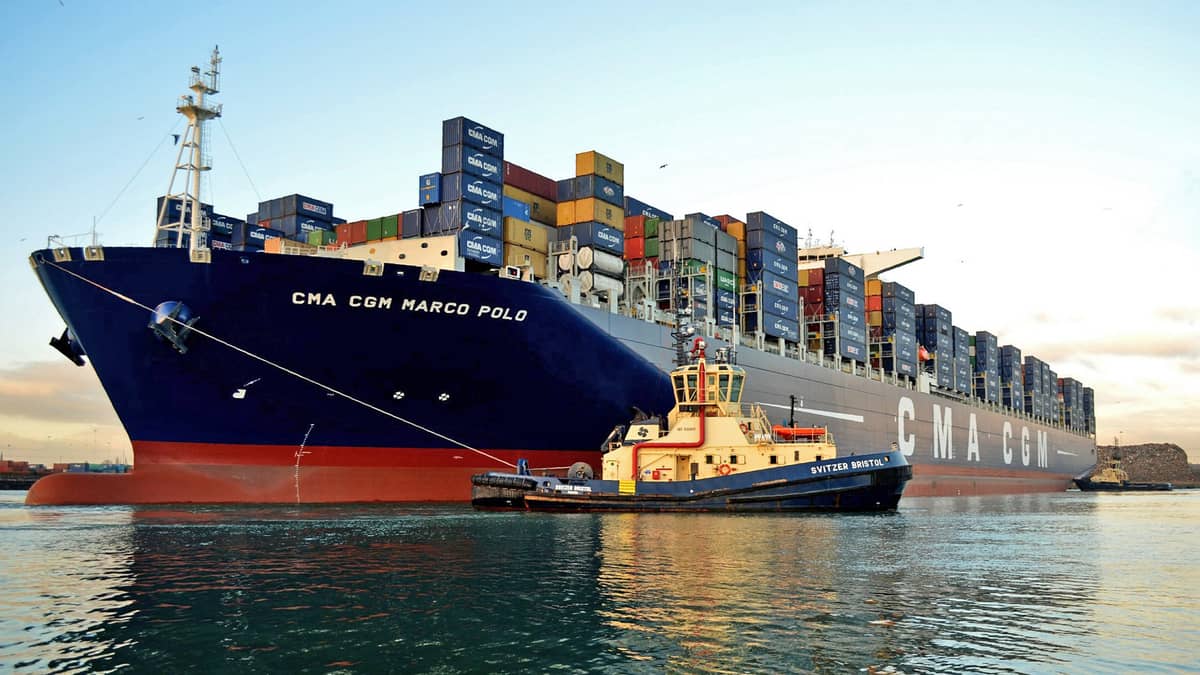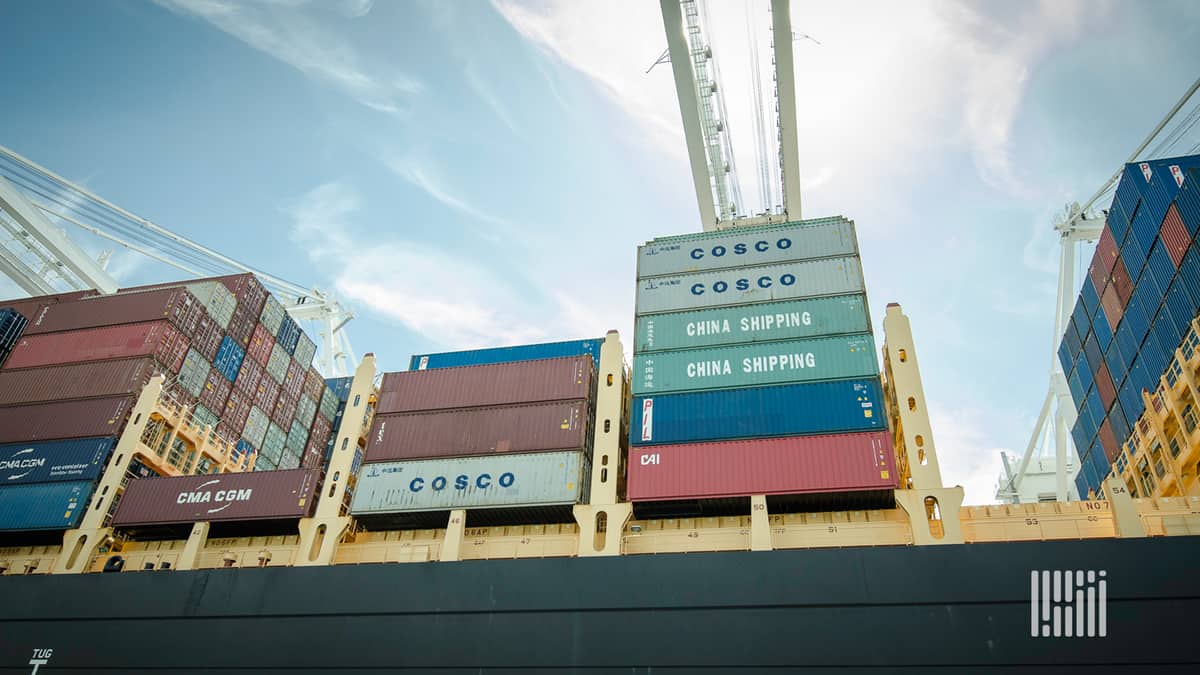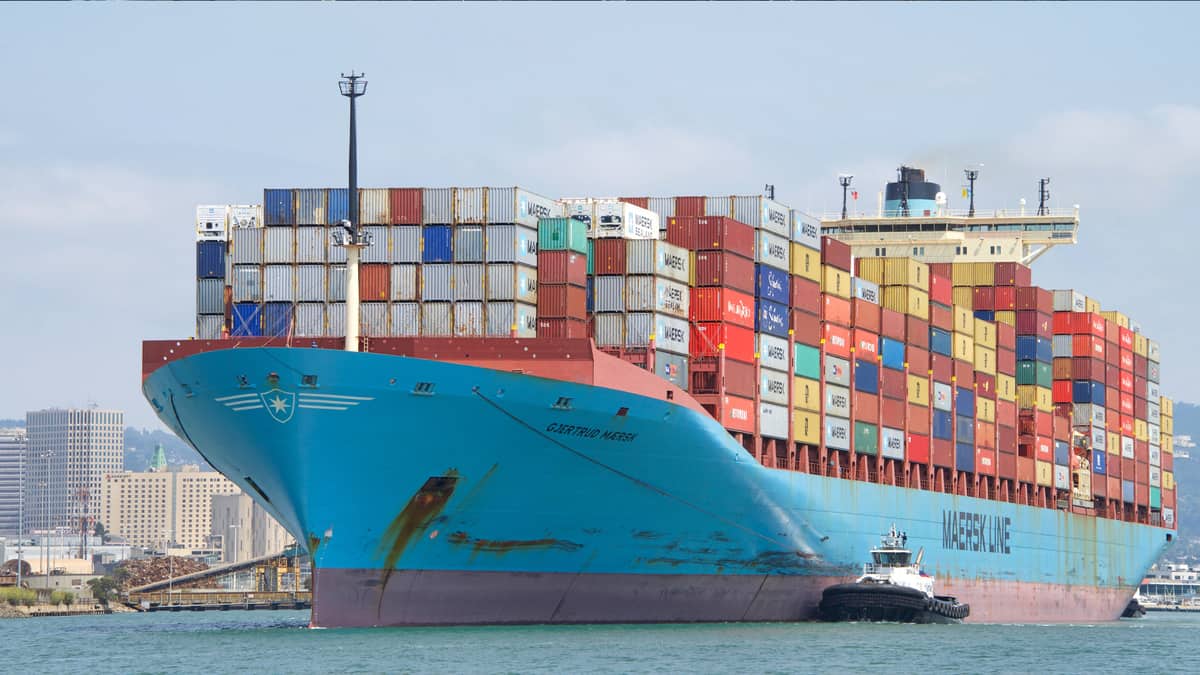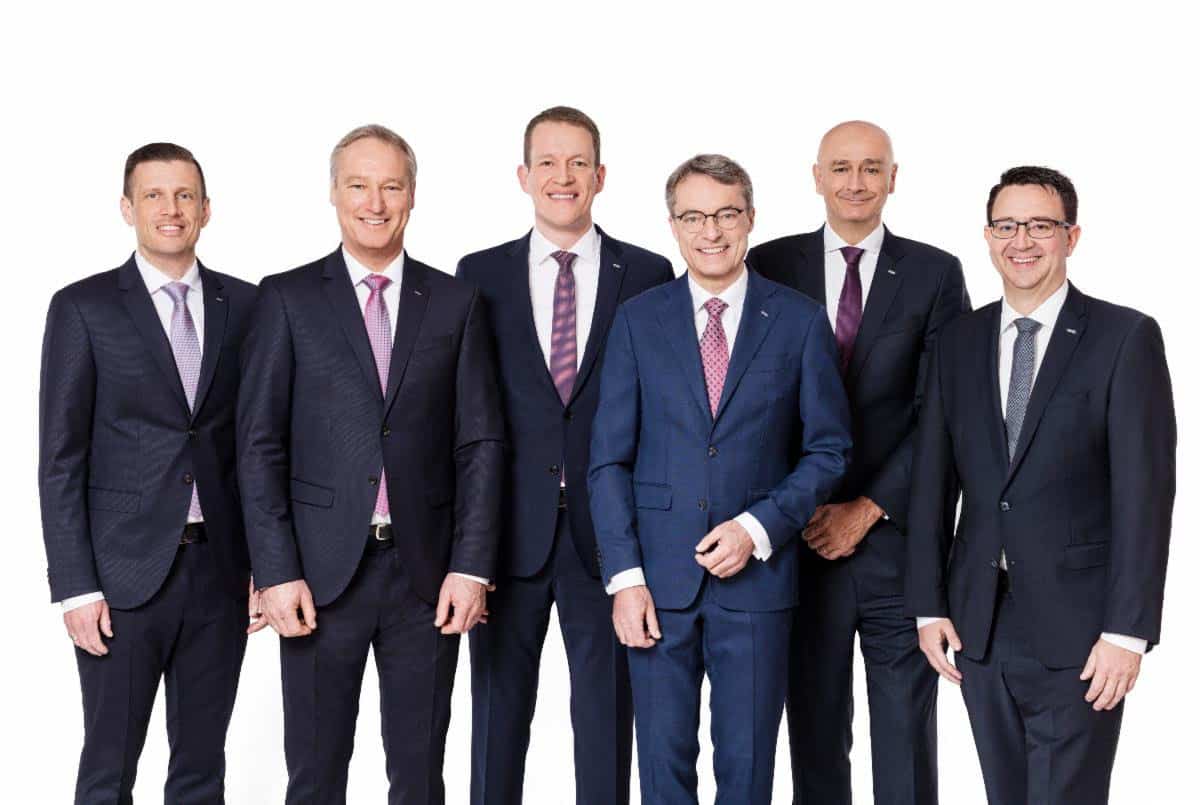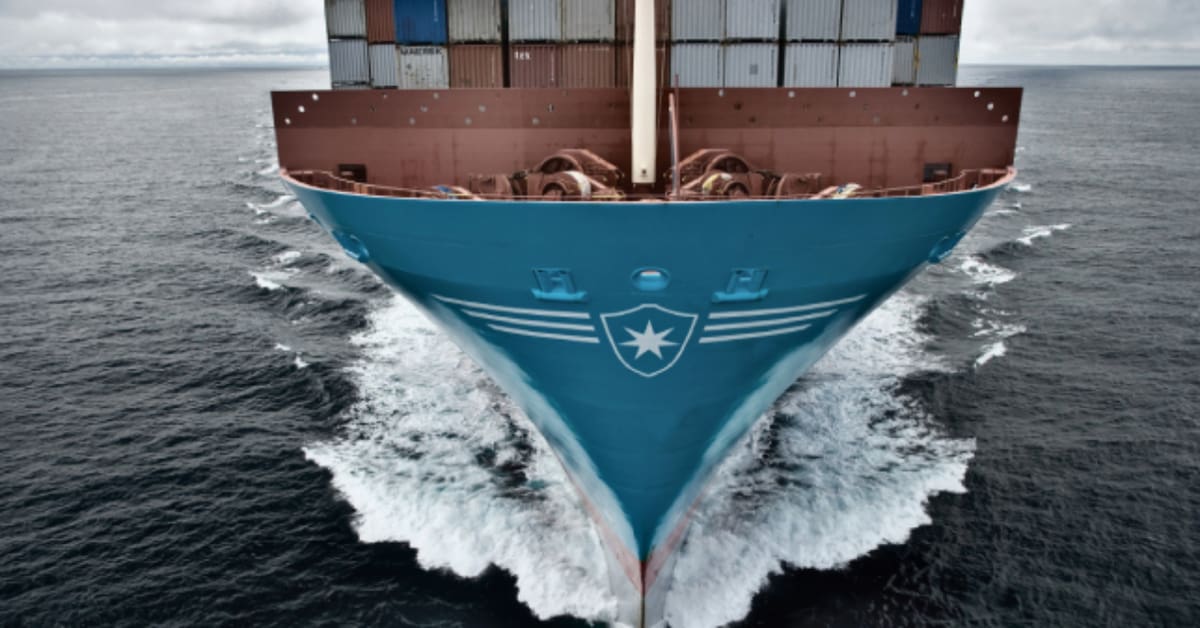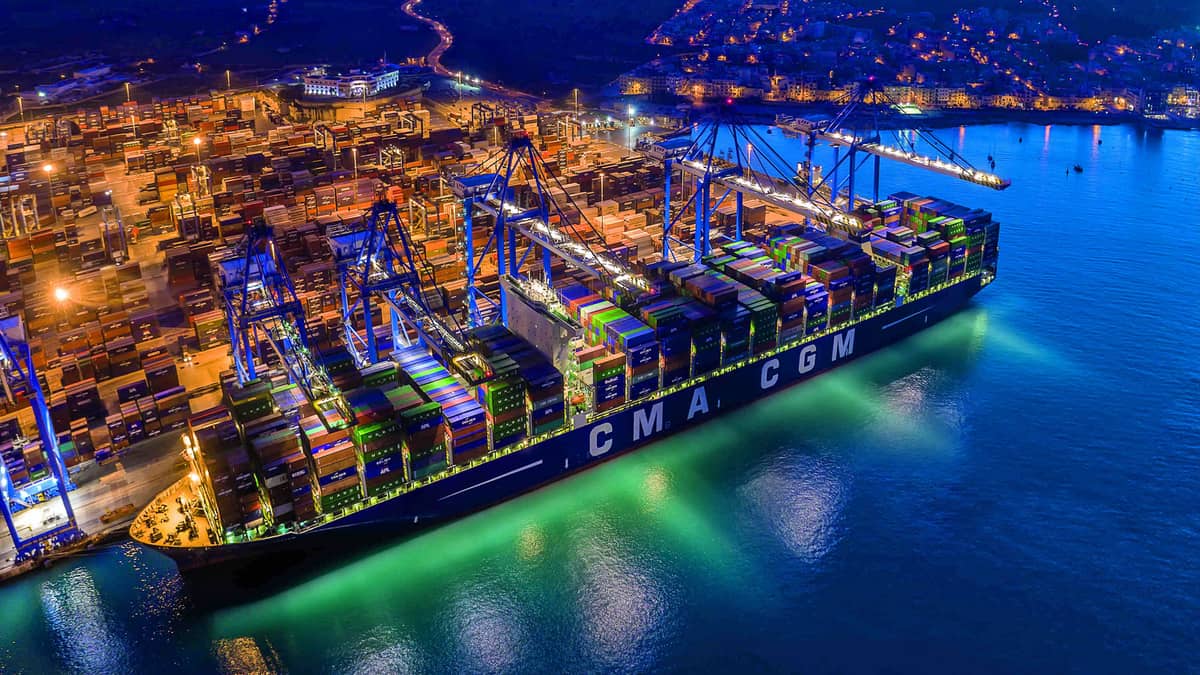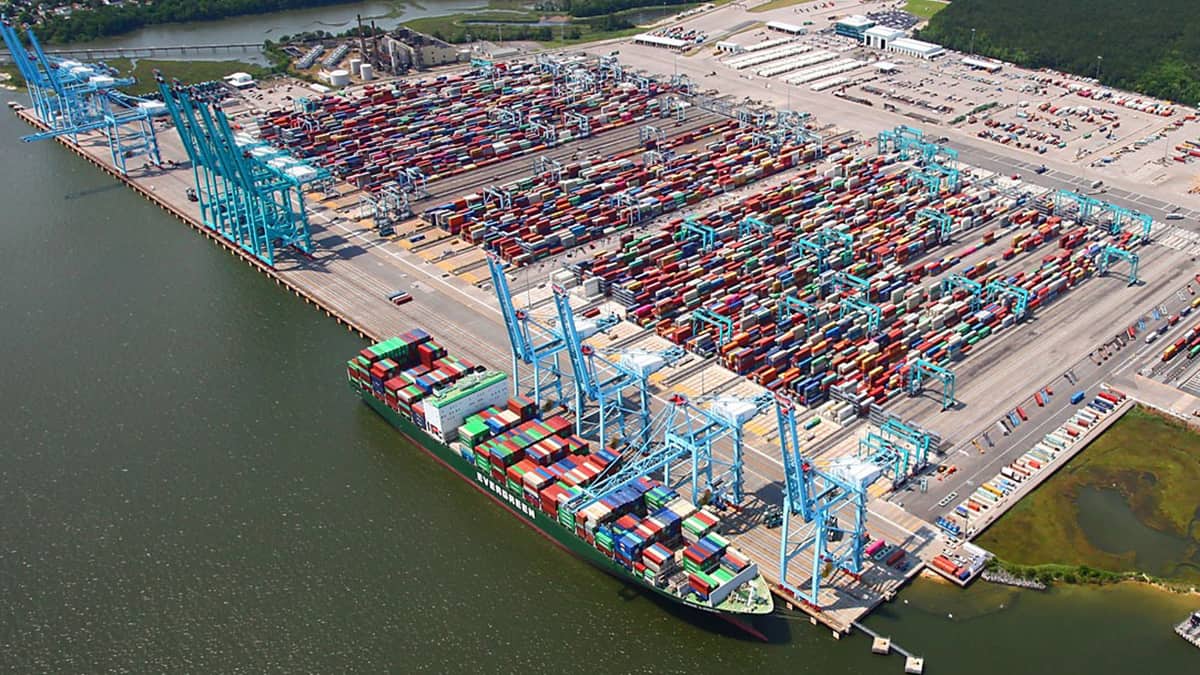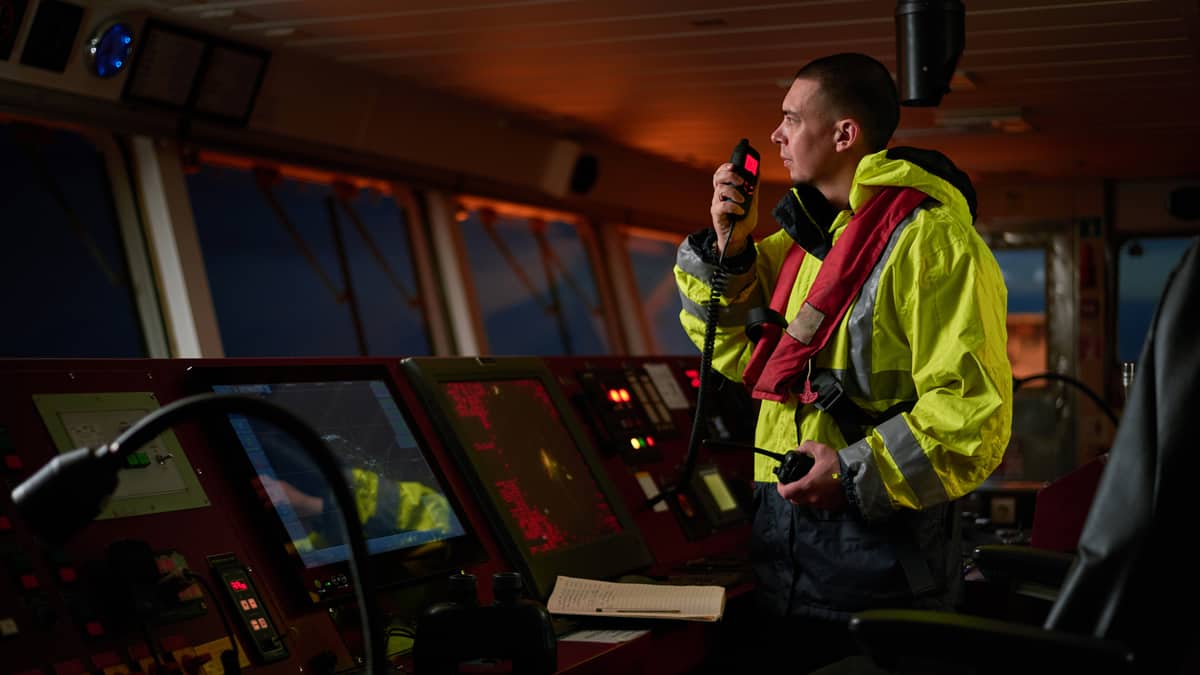
BMW Group has announced that it will adopt blockchain to improve transparency across its global supply chain, specifically targeted at the parts and raw materials procurement segment.
A blockchain network, in essence, is a decentralized and immutable ledger that helps store information effectively. It does this by making every stakeholder within the network equally responsible as ‘custodians of the data’ that flows within it. Enabling collective liability fosters transparency within the ecosystem, as every stakeholder in the chain is now privy to all the information that flows through the network.
For a massive entity like BMW, using blockchain can help optimize its operations and increase traceability in its supply chain, while also making sure the data being shared is tamper-proof. “In 2019, we conducted a successful pilot project to purchase front lights. This year, we want to expand the project to a large number of other suppliers,” said Andreas Wendt, a member of the Board of Management of BMW AG responsible for the purchasing and supplier network.
Understanding the provenance of components is vital for an original equipment manufacturer (OEM). The occurrence of faulty auto parts on a vehicle is disastrous for the company’s bottom line and reputation, because it can cause accidents and will lead to a mass recall – complicating the relationship between owners and the OEM.
Until recently, the usual practice was for OEMs and their suppliers to store and manage their data in their separate IT systems. This often led stakeholders in the auto supply chain to work in silos, lacking any forms of consistent communication between each other.
BMW is working to make the environment more collaborative by initiating the PartChain project, which will ensure “seamless traceability of components and provide immediate data transparency in complex supply chains for all partners involved going forward.” PartChain works on blockchain technology and will enable tamper-proof and consistently verifiable collection and transaction of data in BMW’s supply chain.
The 2019 parts tracking via blockchain was a start; it involved BMW’s plants in Spartanburg, South Carolina and Dingolfing, Germany, as well as three locations of its supplier, Automotive Lighting. BMW now plans to build on to the pilot, eventually reaching a point where the company can have complete traceability of critical raw materials – from mines to smelters. Right now, however, the platform will be rolled out to about 10 suppliers.
“This move is designed to take the digitalization of purchasing at the BMW Group to the next level. Our vision is to create an open platform that will allow data within supply chains to be exchanged and shared safely and anonymized across the industry,” said Wendt.
BMW had also initiated a consortium called the Mobility Open Blockchain Initiative (MOBI) in 2018, which brings together 120 companies from the automotive, mobility and technology sectors. MOBI engages all the different stakeholders within the consortium to create common standards and control models needed for blockchain to break through in the mobility sector. “We want to share our PartChain approach with the initiative and invite interested companies to join the initiative,” said Wendt.

